Employee Wellness

Employee Motivation 2.0: Modern Hacks vs. Traditional Methods
Sitting in his corner office, Amit, the CEO of a fast-growing tech firm, rubbed his temples in frustration. “We’re losing good people,” he muttered, scanning the latest resignation letter on his desk. “Our turnover is skyrocketing, productivity is slipping, and I can feel the low energy in the office. What’s going wrong?”

Why Manifestation Might Be the Missing Piece in Your Business Strategy, Even If It Sounds Like Nonsense.
It was a tense Monday morning. Lisa, the CEO of a fast-growing health tech startup, sat down with her COO, Mark. Sales were slowing down, the team was disengaged, and product deadlines were slipping.

Coping with Financial Challenges: Strategies for Mental and Emotional Well-Being
Financial challenges are a universal struggle, impacting not just your wallet but your mental and emotional health as well. Whether it's the stress of mounting debts, job insecurity, or the pressure to provide for your family, financial difficulties can take a significant toll on your overall well-being. While financial stability is an ideal goal, it's equally important to address the mental and emotional challenges that accompany financial strain. In this blog, we will explore strategies to manage these challenges and how platforms like CareMe Health can support you in navigating these turbulent times.

Overcoming Decision Paralysis: How to Take Action Without Overthinking
Decision paralysis, also known as analysis paralysis, occurs when overthinking and excessive deliberation lead to stagnation, making it difficult to choose between options. In today’s world, filled with countless choices and high expectations, decision paralysis can feel overwhelming. This inability to make timely decisions often leads to missed opportunities, heightened stress, and a constant state of dissatisfaction. This blog dives deep into the causes, consequences, and strategies to break free from decision paralysis. We’ll also discuss how CareMe’s mental health services can guide you toward confident and decisive action.

Understanding and Managing Social Anxiety: Tips for Teenagers
Social anxiety is more common than most people realize, especially among teenagers who are navigating the challenges of school, friendships, social media, and family expectations. For teens facing social anxiety, the pressures of school, social gatherings, and public situations can feel overwhelming, sometimes resulting in avoidance, negative self-talk, or a sense of isolation. In India, as well as globally, social anxiety has seen an uptick, partly fueled by social media and academic pressures. Understanding and managing social anxiety is crucial for building confidence and enjoying life’s opportunities. Here’s an in-depth look at what social anxiety is, why it’s particularly prevalent during teenage years, and how to address it effectively.

Friendship Breakups: How to Handle Losing Friends and Moving Forward
Friendships are integral to our lives, especially during the teenage years when friends become a central part of our identity and support system. However, just as romantic relationships can end, friendships can also change or dissolve, leaving emotional challenges in their wake. A friendship breakup can be emotionally overwhelming, but understanding ways to cope and move forward can help make the process smoother.
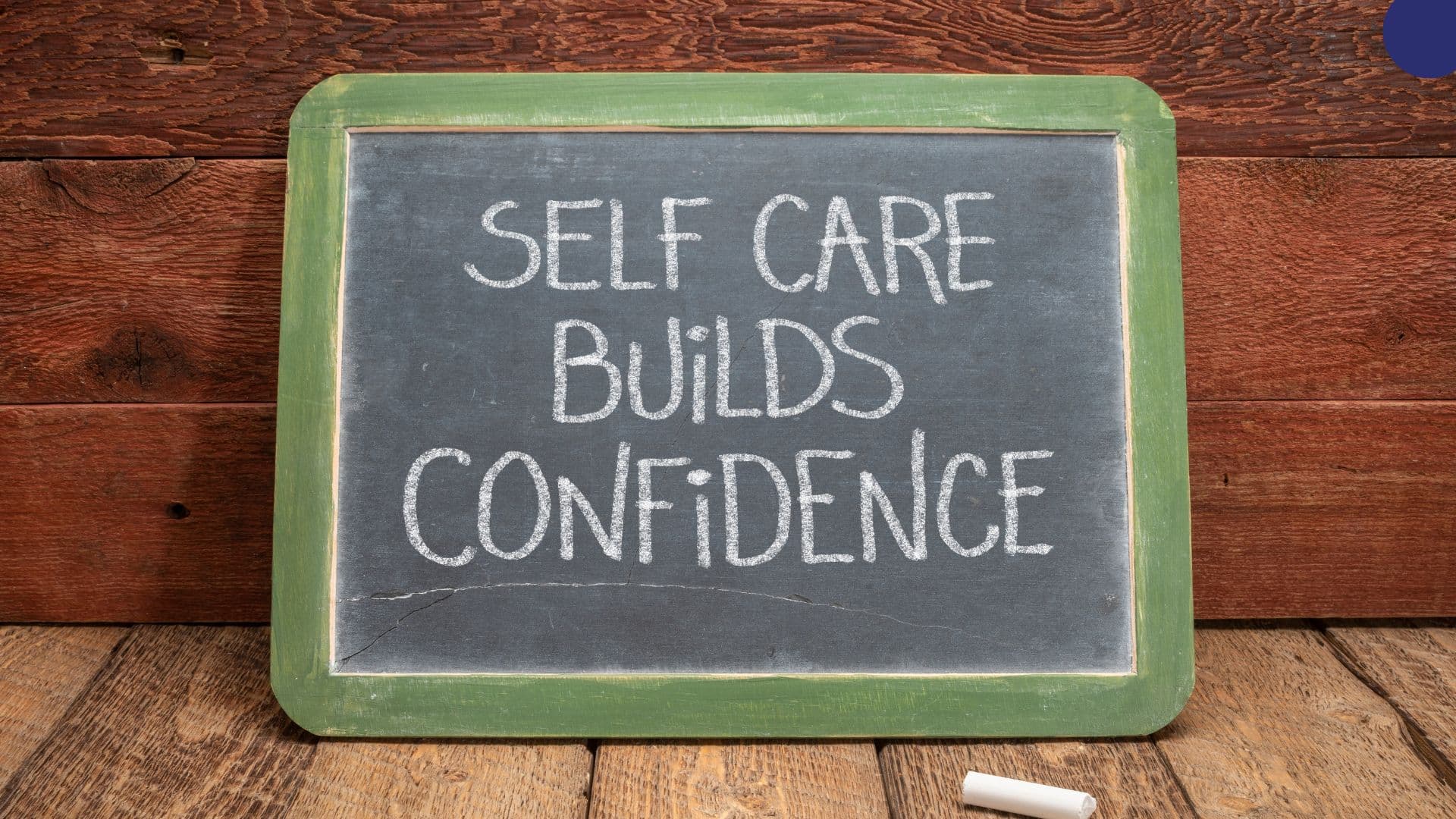
Mental Health and Self-Care: How to Build a Sustainable Routine for Your Well-Being
In today’s fast-paced world, maintaining mental health has become a crucial yet often neglected aspect of our overall well-being. The constant demands from work, family, and social obligations can drain energy and leave little time for self-care. Without a deliberate focus on mental well-being, it’s easy to become overwhelmed, leading to burnout, stress, and even mental health disorders such as anxiety or depression.

How Online Therapy Is Revolutionizing Mental Health Care for Busy Professionals
In today’s fast-paced world, many professionals struggle to maintain a healthy work-life balance, leaving little time to focus on their mental health. Balancing demanding careers with personal responsibilities often leads to stress, anxiety, and burnout, making it essential to have convenient and accessible mental health care options. Enter online therapy—a groundbreaking solution that is transforming the way busy professionals access mental health support.
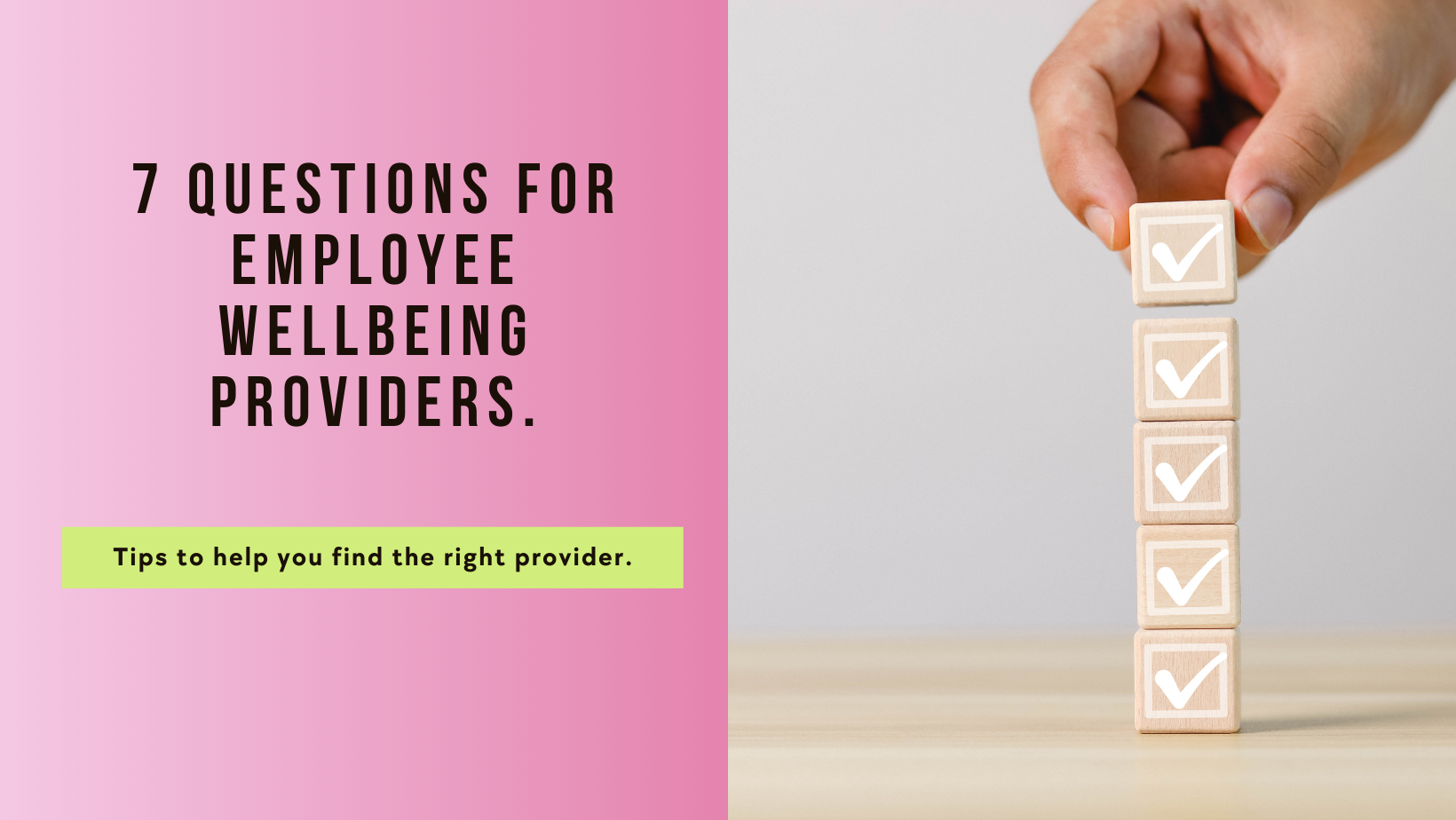
7 questions you should ask every employee wellbeing provider
7 questions you should ask every employee wellbeing provider Selecting an employee well-being provider is a critical decision for organizations committed to fostering a healthy and productive workplace. With the growing awareness of mental health in India, companies are increasingly seeking comprehensive solutions like CareMe Health to support their employees' well-being. When evaluating potential providers, asking the right questions can guide you to make an informed choice that aligns with your organization's values and needs. Here are seven essential questions to consider, backed by insights from studies and real-world practices.
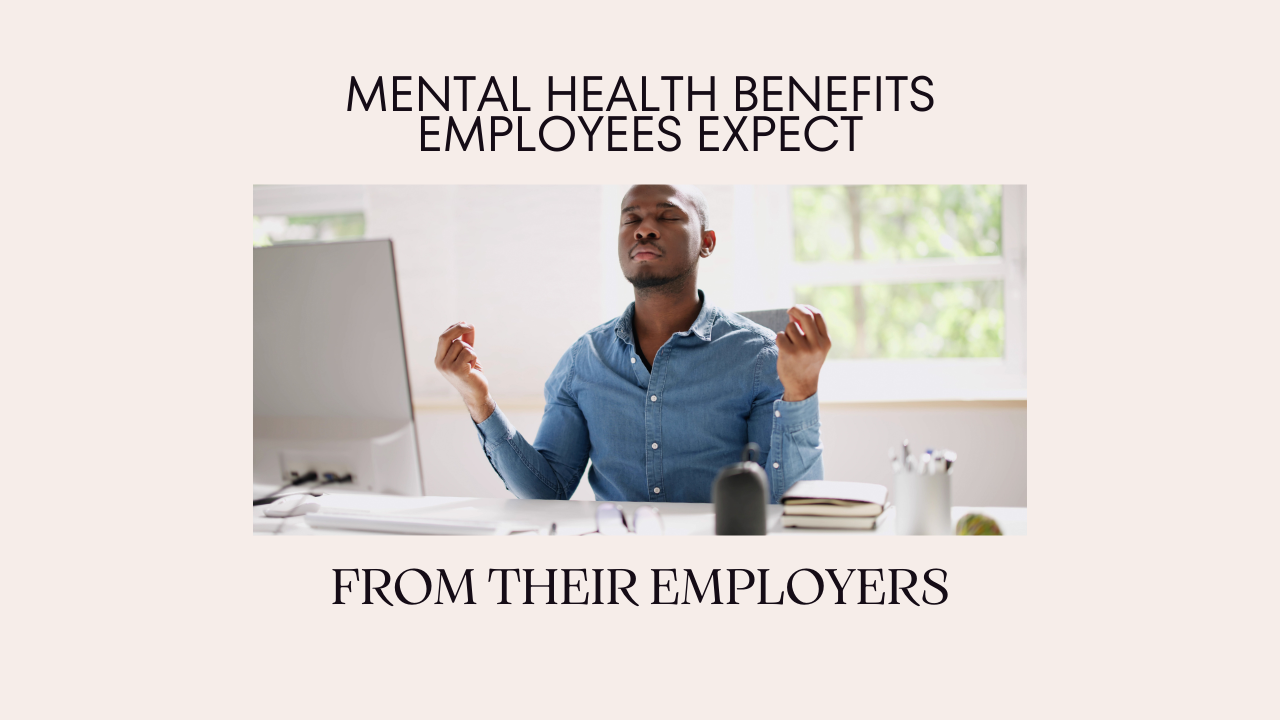
The mental health benefits employees expect from their employers
The Mental Health Benefits Employees Expect from Their Employers As we navigate the complexities of the modern workplace, the importance of mental health support has never been clearer. Employees across India are seeking workplaces that not only acknowledge but actively support their mental well-being. Here's what employees are looking for and how CareMe Health is meeting these needs.
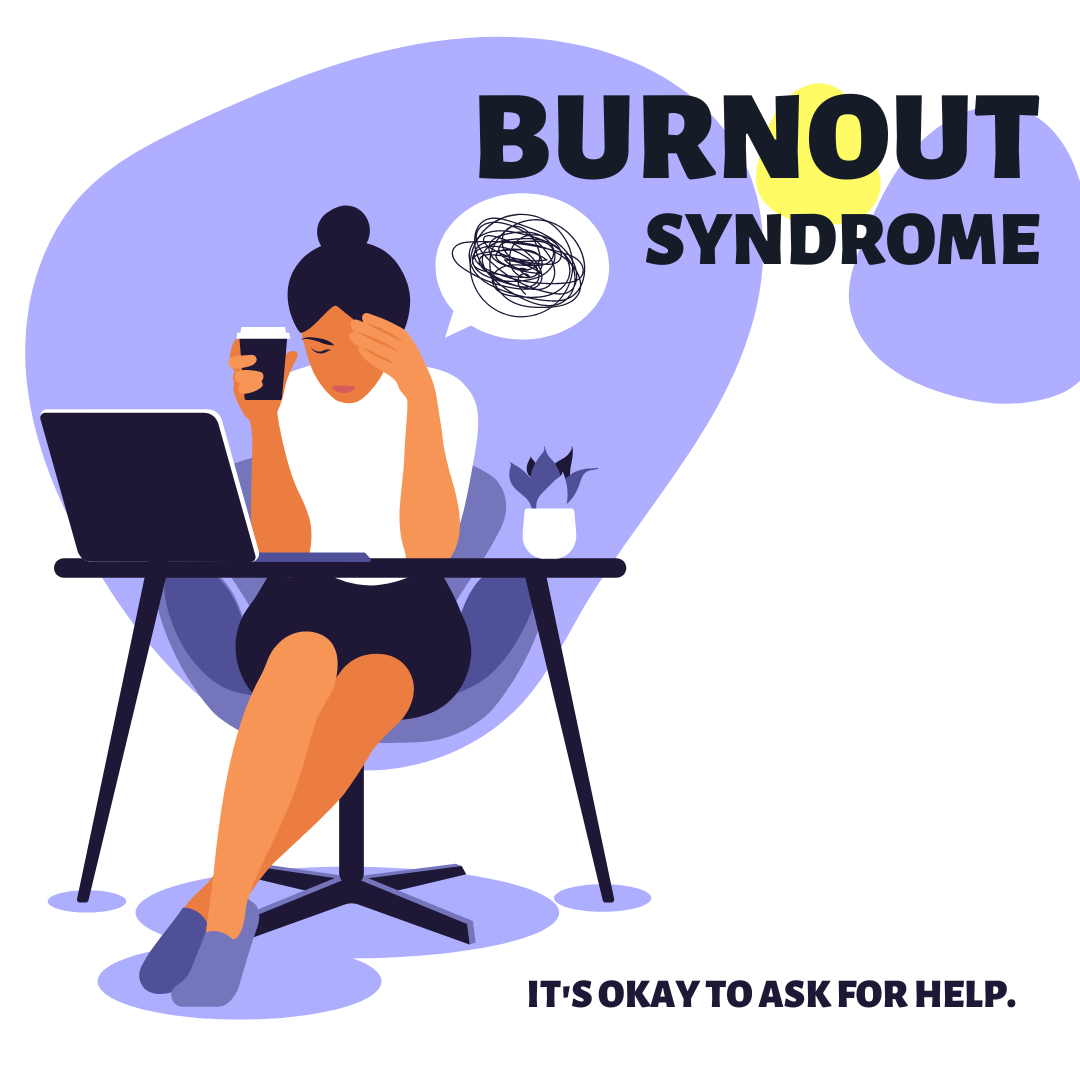
Tackling Employee burnout
Tackling Employee Burnout: The CareMe Health Approach In the vibrant yet demanding professional environment of India, employee burnout has become an increasingly common phenomenon, affecting productivity, mental health, and overall workplace harmony. The relentless pursuit of success, coupled with the fast-paced nature of modern work life, can lead to chronic stress, emotional exhaustion, and a diminished sense of personal accomplishment—hallmarks of burnout. CareMe Health emerges as a beacon of support in this scenario, offering a suite of features designed to address and alleviate the multifaceted aspects of burnout.
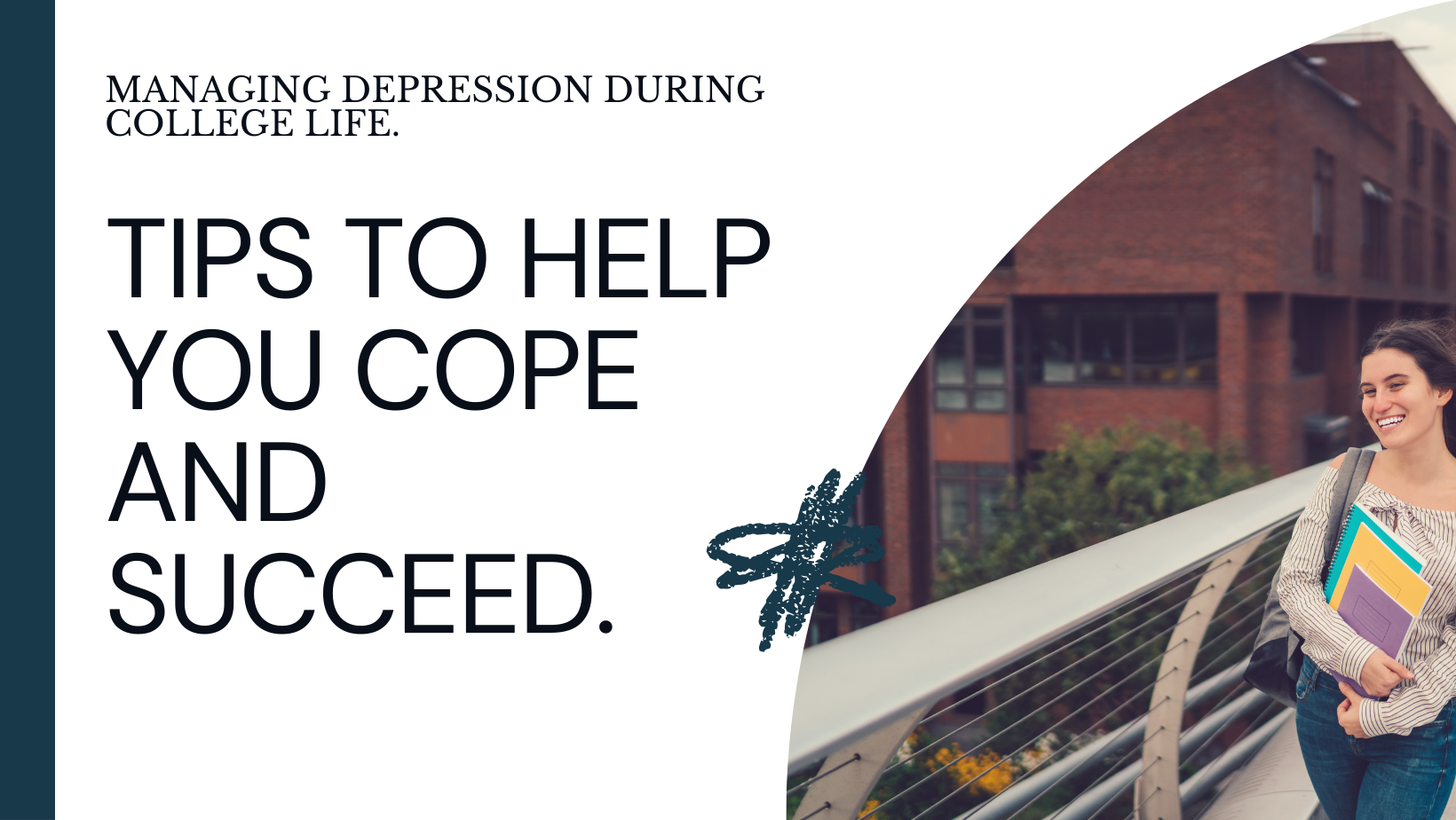
College Blues Getting You Down? Tips to Manage Depression During Studies
College Blues Getting You Down? Tips to Manage Depression During Studies College is a time of exploration, learning, and growth. But for many students across India, it's also a period marked by stress, anxiety, and sometimes, depression. The transition to college life, coupled with academic pressures and personal adjustments, can be overwhelming. If you're feeling the college blues, you're not alone. Here are some actionable tips to help you manage depression during your studies, with a special focus on how CareMe Health can support you on this journey.

Supporting a Depressed spouse or Partner: Ways to Be There for Them
Supporting a Depressed Spouse or Partner: Ways to Be There for Them Witnessing a loved one struggle with depression can be heart-wrenching. In the intricate tapestry of Indian society, where relationships are the cornerstone of life, the impact of a partner's depression not only affects them but also reverberates through the entire family. Understanding how to support a depressed spouse or partner is crucial in aiding their journey toward healing while also maintaining your well-being.
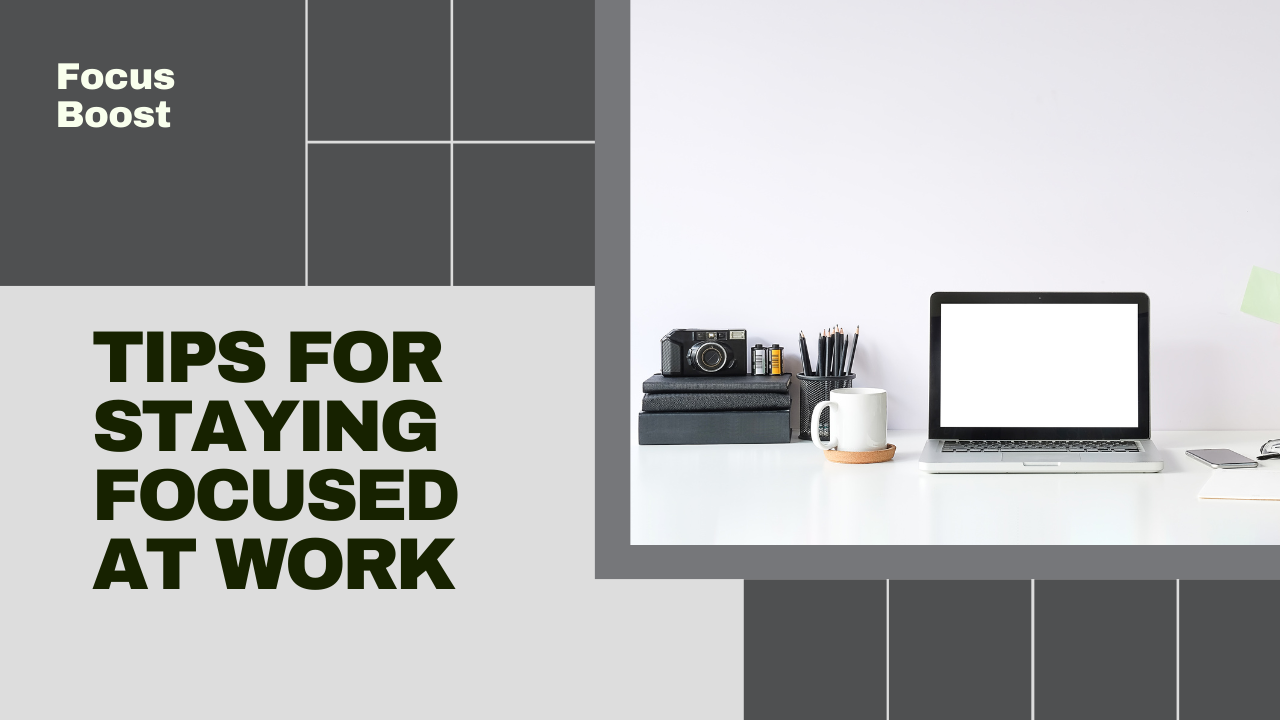
Top tips for improving your focus at work
In the whirlwind of today's work environments, where distractions are as common as coffee breaks, maintaining focus has become a coveted skill. The ability to concentrate deeply on tasks is not just a personal asset; it's a critical factor in professional success and job satisfaction. Yet, achieving unwavering focus amidst the constant buzz of notifications, the lure of multitasking, and the ever-present hum of workplace stress is no small feat.

How to manage employee's layoff anxiety
In the fast-paced and ever-changing economic landscape of India, one of the most pressing issues that has emerged in the workplace is employee layoff anxiety. This form of anxiety is becoming increasingly prevalent as companies, ranging from burgeoning startups to established corporations, navigate through economic uncertainties and organizational restructuring. Careme Health, a pioneering mental health startup based in India, recognizes the profound impact that the fear of job loss can have on an individual's mental well-being. As the economic climate continues to ebb and flow, the specter of layoffs looms large, stirring up a mix of uncertainty, stress, and anxiety among the workforce.

How does mental health increase employee engagement
In today's fast-paced work environment, mental health has emerged as a critical component of overall employee well-being and organizational success. The importance of mental health in the workplace cannot be overstated, as it directly influences productivity, creativity, and, most importantly, employee engagement. With rising awareness, mental health is no longer a peripheral issue but a central element in fostering a healthy, vibrant, and efficient workforce.
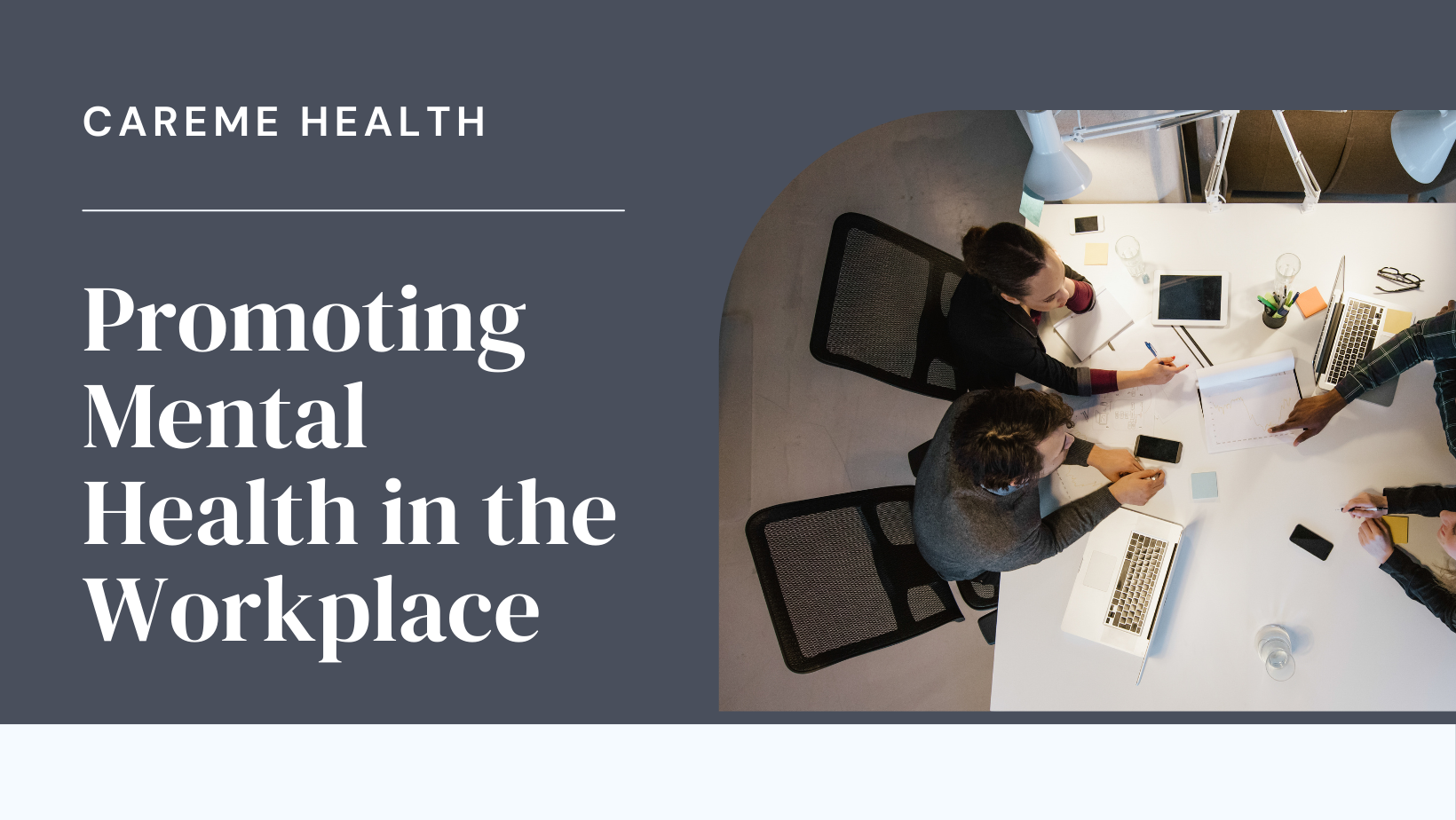
How to Promote Mental Health in the Workplace in 2024: A Guide by Careme Health
In the dynamic and ever-evolving landscape of today's workplaces, the importance of mental health has come to the forefront like never before. The corporate world, traditionally focused on productivity and efficiency, is increasingly acknowledging that the well-being of employees is not just a matter of physical health but equally, if not more, about mental wellness. This shift in perspective has been significantly accelerated by the recent global challenges, most notably the COVID-19 pandemic, which has fundamentally altered the way we work, interact, and balance our professional and personal lives.
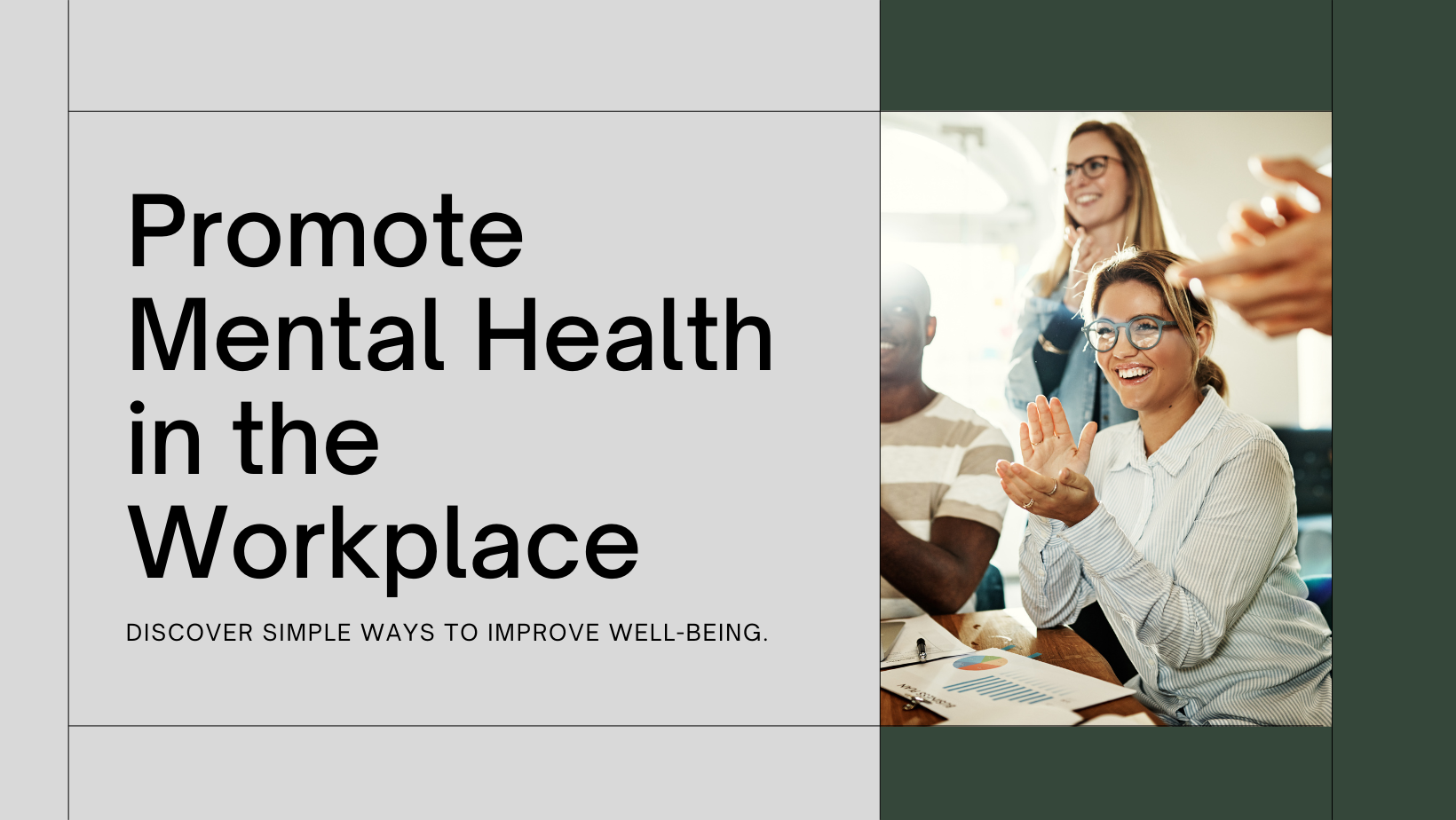
How to promote mental health in the workplace in 2024
In the rapidly evolving landscape of 2024, the significance of mental health in the workplace has never been more paramount. The global shift towards recognizing mental well-being as a crucial component of overall health is reshaping corporate cultures and policies worldwide, particularly in the wake of the transformative post-pandemic era. The enduring impact of the COVID-19 pandemic has precipitated a monumental shift in workplace dynamics, compelling organizations to reevaluate and prioritize the mental well-being of their employees as a fundamental aspect of their operational ethos.

Athlete Mental Health: Lessons in Resilience and Mental Toughness
In the high-stakes world of competitive sports, the story of Indian cricket star Virat Kohli's candid disclosure about his struggles with mental health has been a beacon of hope and a call to action. Kohli, admired not just for his prowess on the field but also for his courage off it, opened up about the immense mental pressures elite athletes face, shedding light on an often-overlooked aspect of sports: mental health. His bravery in sharing his challenges serves as a powerful reminder that mental strength is as crucial as physical agility in achieving peak athletic performance.
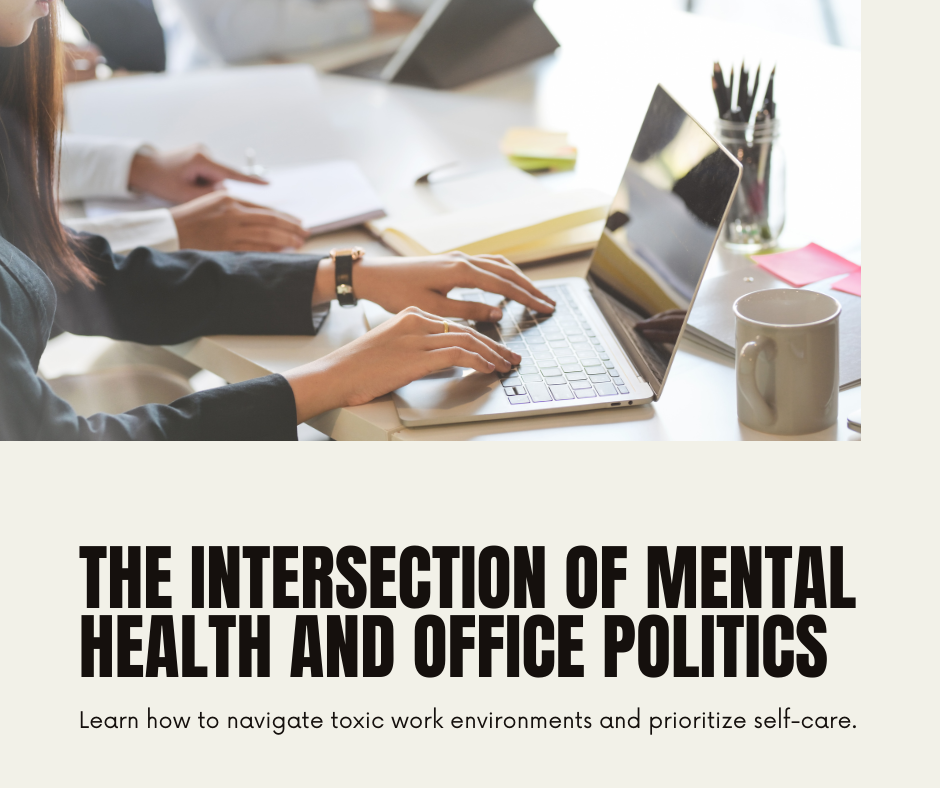
The Intersection of Mental Health and Office Politics
Office politics, an inevitable aspect of the professional landscape, significantly influences the workplace environment and employee interactions across India. This complex web of power dynamics, interpersonal relationships, and informal networks often dictates the rhythm of daily office life, impacting decisions, promotions, and the general workplace atmosphere. While some navigate these waters with ease, for many, office politics can be a source of stress and anxiety, affecting not just professional growth but also personal well-being.
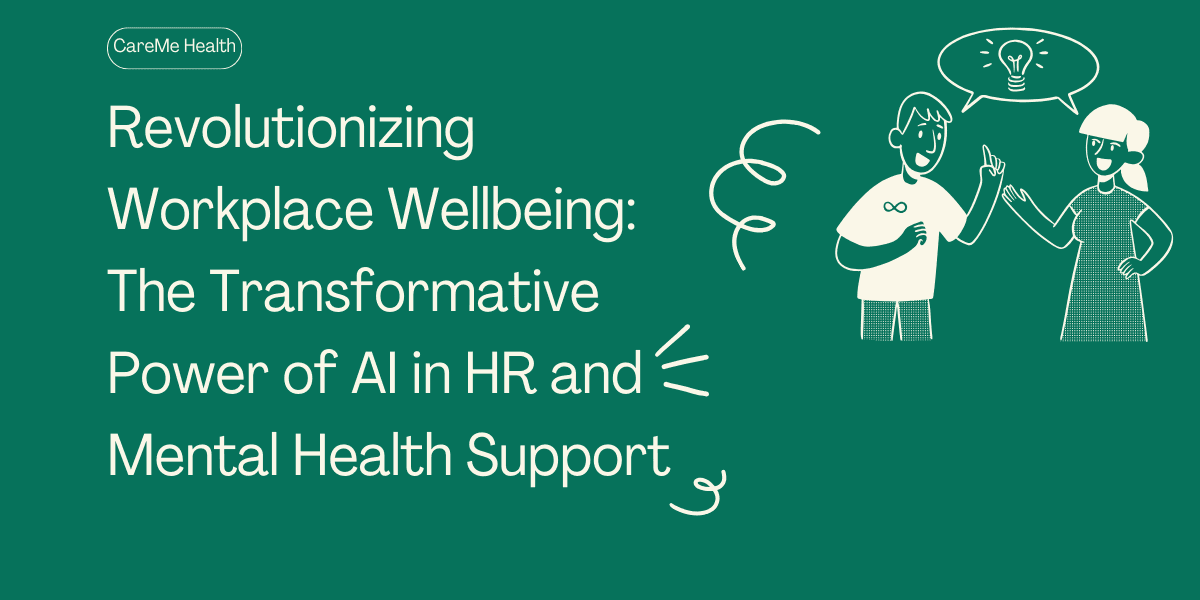
Revolutionizing Workplace Wellbeing: The Transformative Power of AI in HR and Mental Health Support
In the dynamic world of Human Resources (HR), the integration of Artificial Intelligence (AI) is revolutionizing how organizations approach leadership and employee wellbeing. Especially in a culturally rich and diverse country like India, where the workforce is a unique amalgamation of tradition and modernity, the role of HR is pivotal.
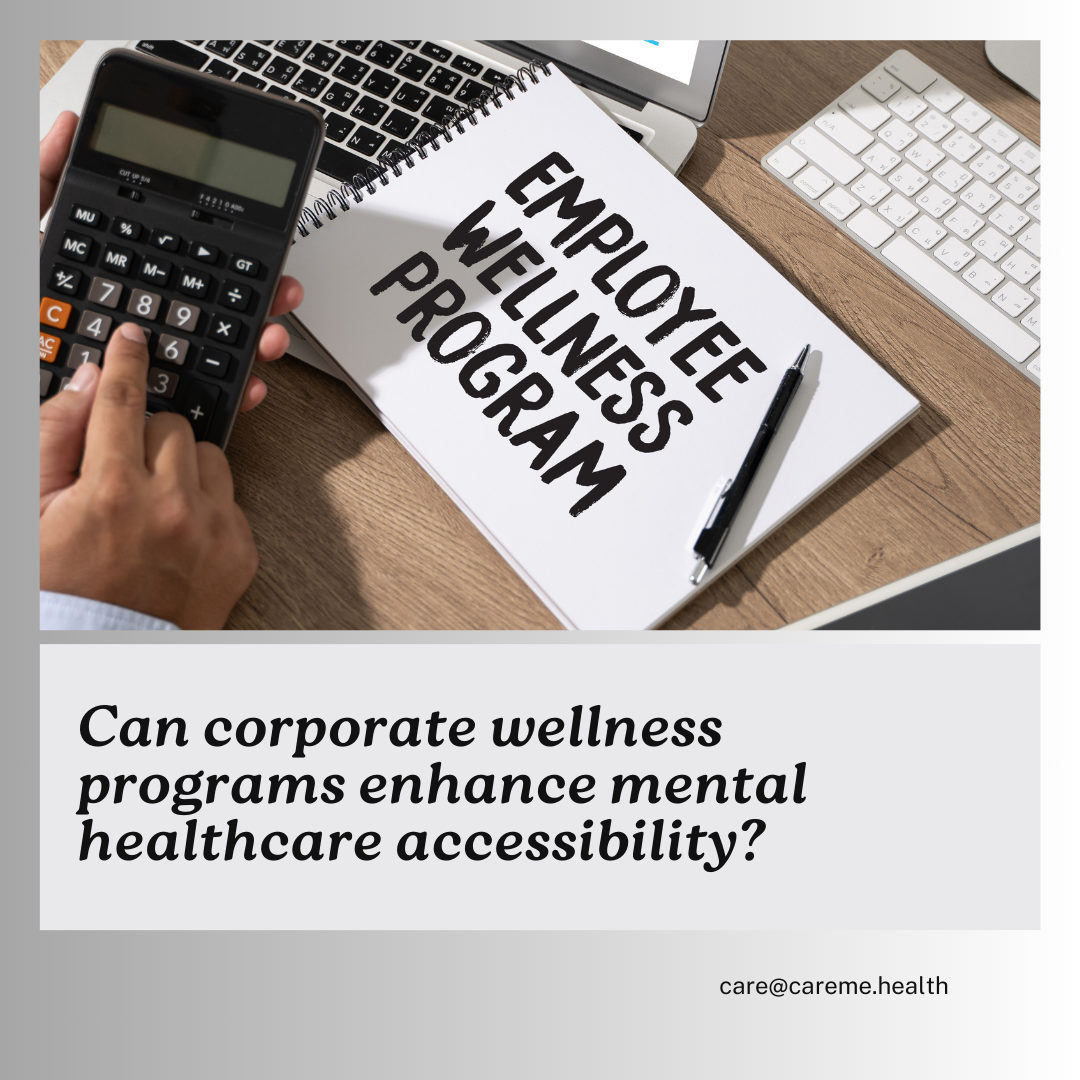
Company Wellness Programs: Can They Bridge the Gap in Mental Healthcare Access?
In today's fast-paced corporate world, mental health has emerged as a critical component of overall employee well-being. As businesses strive to foster a productive and positive work environment, the implementation of company wellness programs has gained momentum. These initiatives are not just about physical health; they increasingly encompass mental health support, recognizing its pivotal role in employee performance and satisfaction. This blog explores the potential of company wellness programs to bridge the gap in mental healthcare access, highlighting their benefits, challenges, and the path forward.
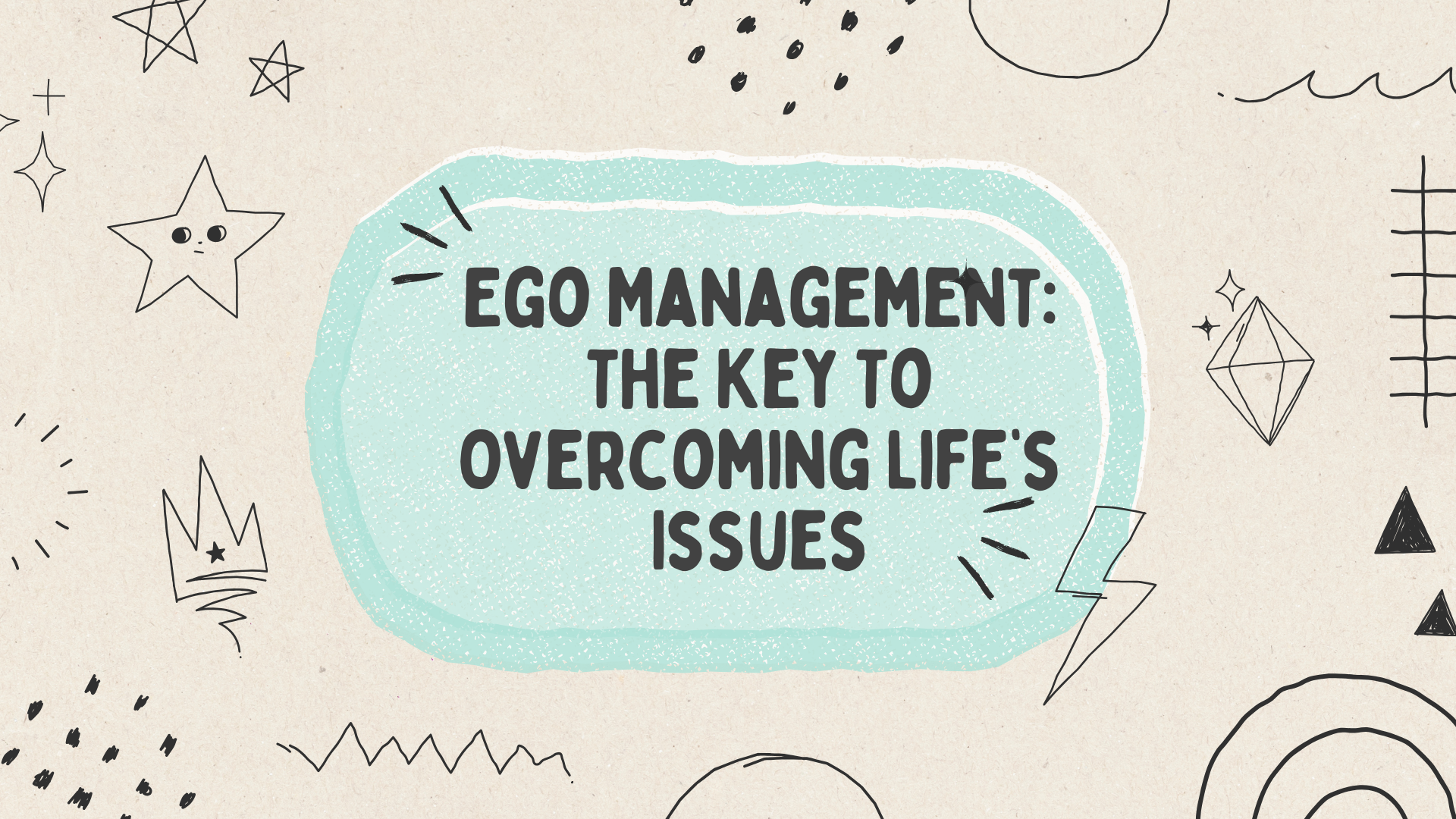
Ego Management: The Key To Overcoming Life’s Issues
The ego is a concept in psychology that refers to the part of the self that is responsible for a person’s sense of self-awareness and self-identity.

Make Your Employees Feel Valued With These 10 Wellness Gifts
In today’s fast-paced and stressful work environment, taking care of one’s well-being is more important than ever. As an employer, you have the opportunity to show your employees that you care about their well-being by giving them gifts that support their physical, mental, and emotional health.

How Does Procrastination Affect My Work Life?
Understand the impact of procrastination on work life and explore strategies to overcome this habit. Learn practical tips for increasing productivity and reducing stress.

12 Telltale Signs Of A Toxic Workplace And How To Solve Them
Recognize the signs of a toxic workplace environment and explore actionable solutions to create a healthier work atmosphere. Learn strategies for fostering positive workplace dynamics.
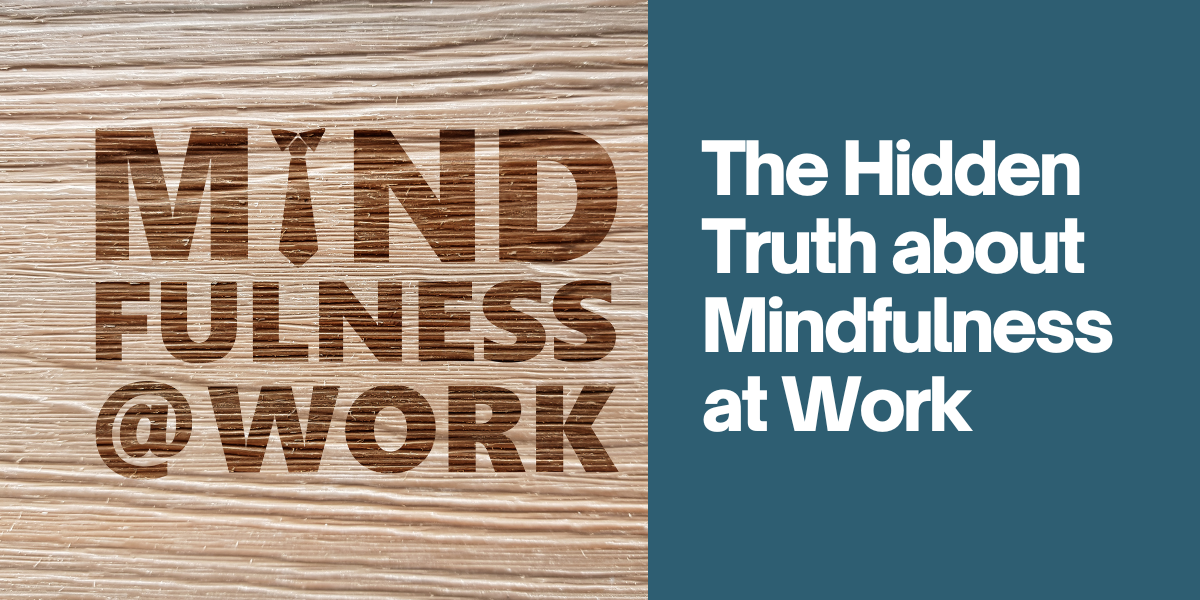
What Employers Aren’t Telling You About Mindfulness At Work
Mindfulness has become a popular buzzword in the corporate world, with many companies incorporating it into their work culture as a way to improve employee well-being and increase productivity
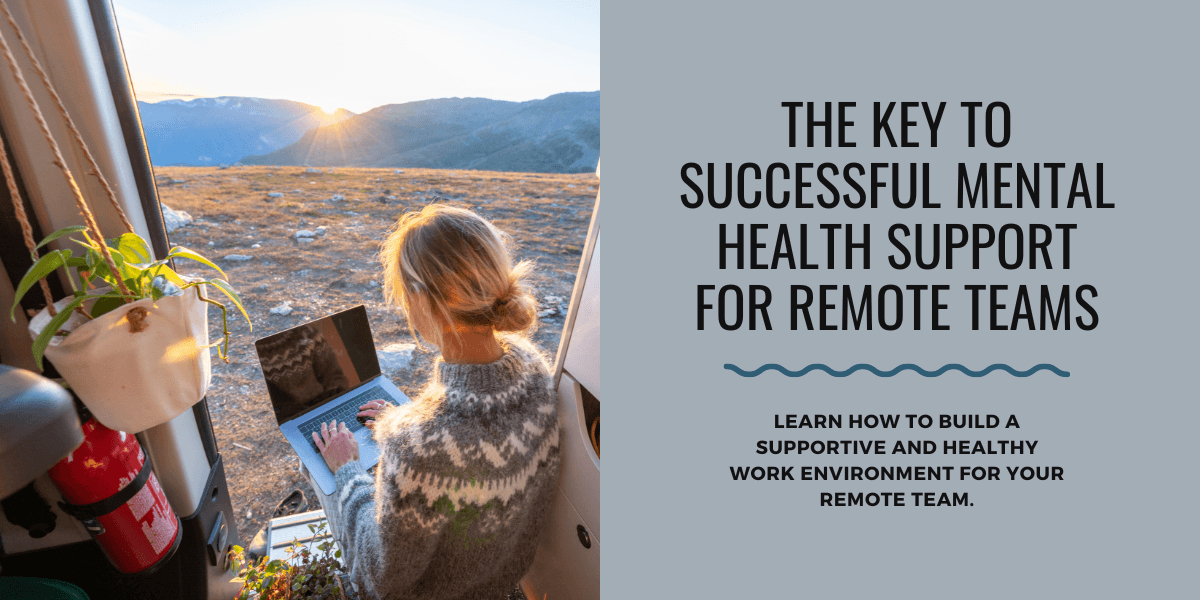
The Key To Successful Mental Health Support For Remote Teams
The workplace has changed dramatically over the past few decades, and companies today face many challenges in supporting the mental health of their employees.

10 Fun And Engaging Wellness Activities For Your Workforce
Wellness activities have become an increasingly important aspect of many organizations’ employee engagement programs. These activities aim to promote physical, mental, and emotional well-being among employees, which can lead to improved health and reduced stress levels

Why Mental Health Matters For Founders: A Guide To Self-Care
Explore the importance of mental health for founders and entrepreneurs. Learn practical self-care techniques to maintain well-being while navigating the challenges of entrepreneurship.
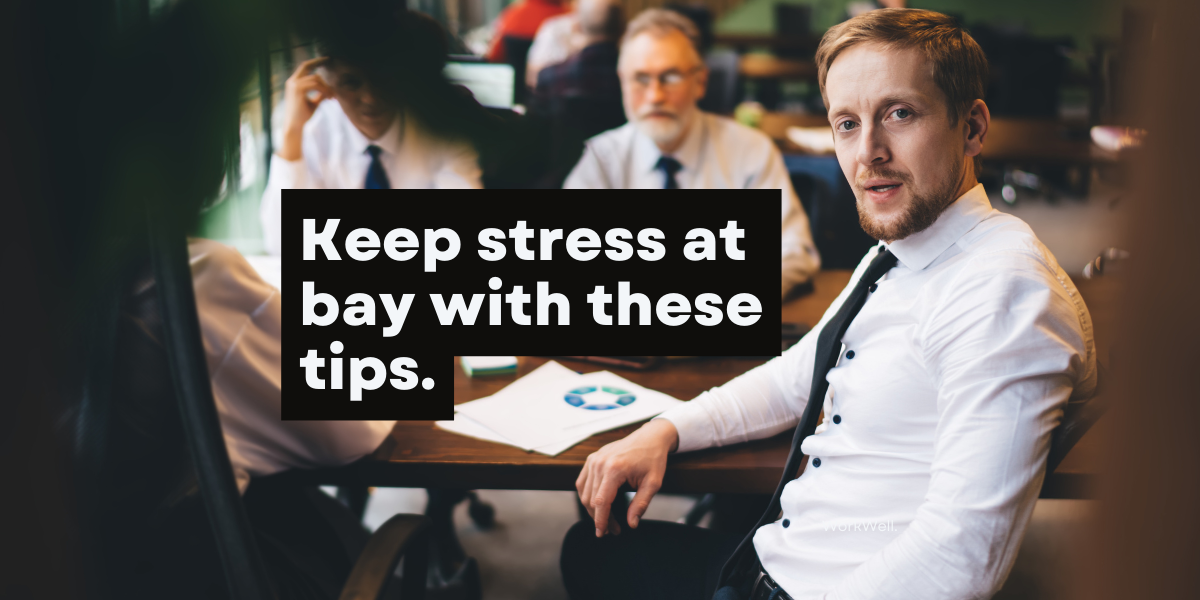
How To Prevent Outside Stress From Interfering With Workplace Wellness
If you’re a stressed-out employee…this article is just for you! One of the biggest obstacles to employee engagement in the modern workplace is stress. Many factors like work pressure, job security, personal problems, etc can make us feel overwhelmed, and soon work feels like a drag on our satisfaction.

5 Ways To Create Healthy Organizational Culture
There’s no magic formula for great company culture. the key is just to treat your staff how you would like to be treated
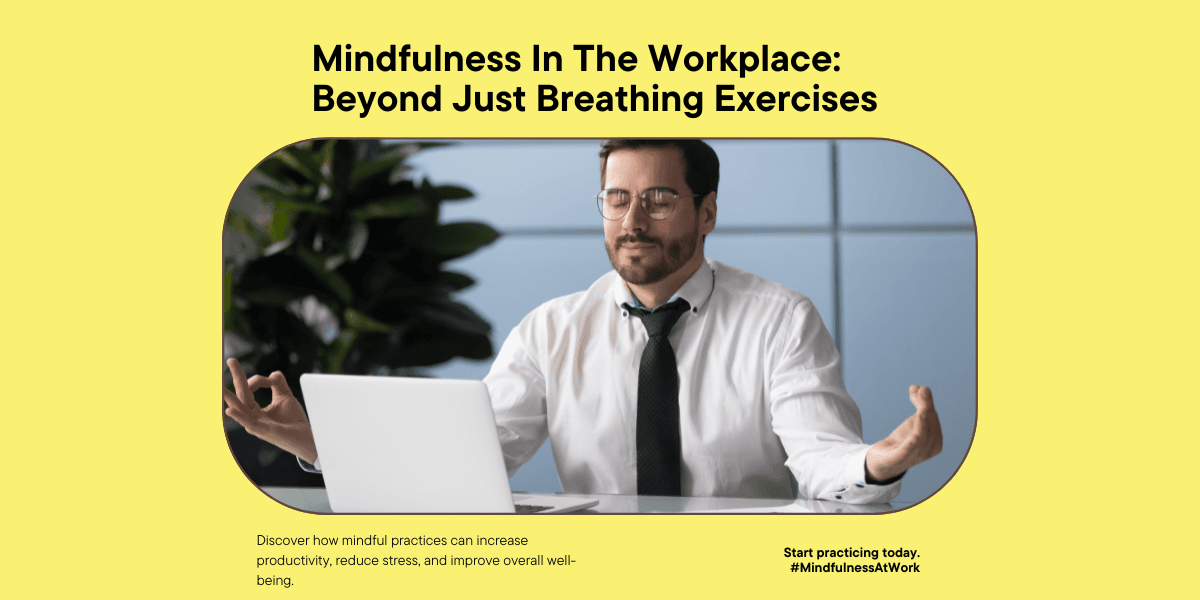
Mindfulness In The Workplace: Beyond Just Breathing Exercises
Mindfulness is an increasingly popular trend in the workplace, with many organizations promoting it as a way to boost productivity, reduce stress and improve overall well-being.
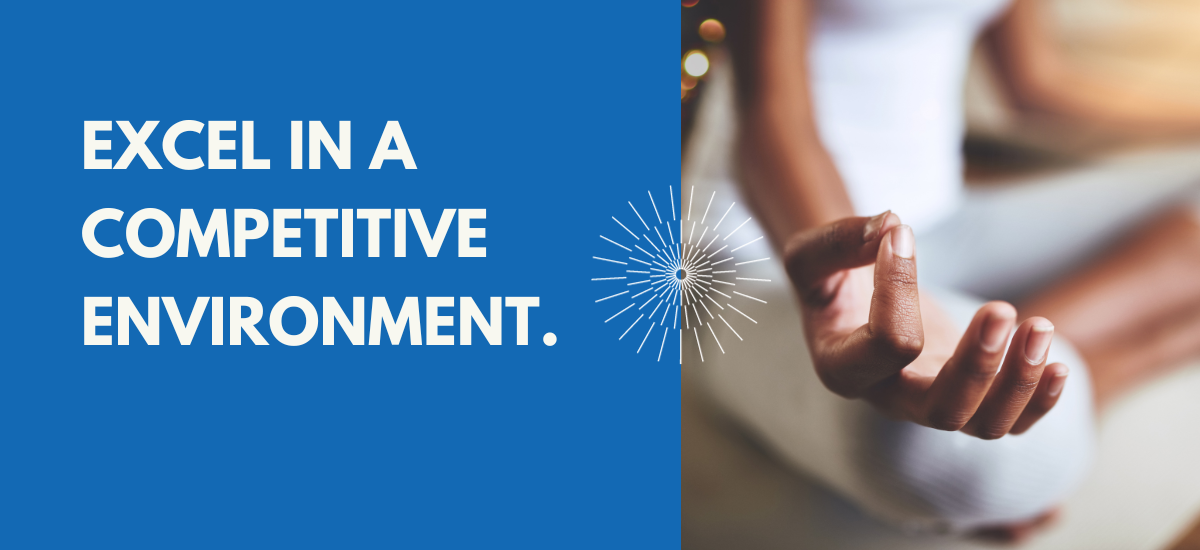
Calm And Confident: How To Excel In A Competitive Environment
Competition is an inevitable part of life, and it can be especially intense in a professional setting. While a certain level of competition can be healthy and drive us to perform our best, excessive competition can lead to stress and burnout.
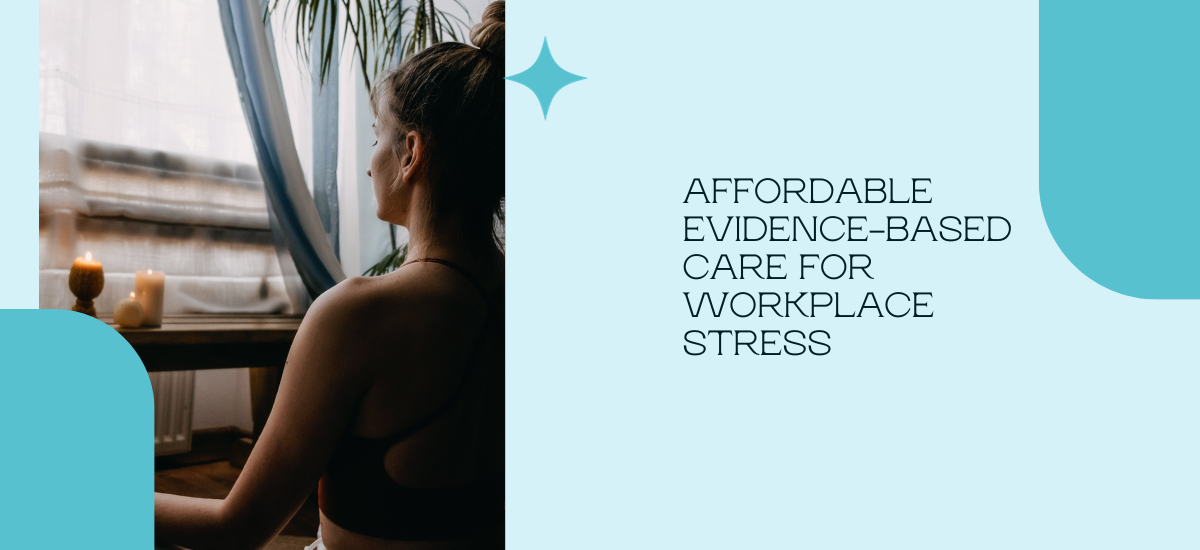
Affordable Evidence-Based Care For Workplace Stress
The workplace is a common setting for second-hand stress to occur. It can be caused by a variety of factors, including workplace bullying, witnessing traumatic events, exposure to stressful situations, and exposure to stressful colleagues.

Managing Workplace Stress And Anxiety
Learn effective techniques for managing stress and anxiety in the workplace. Discover strategies to create a more supportive and mentally healthy work environment.
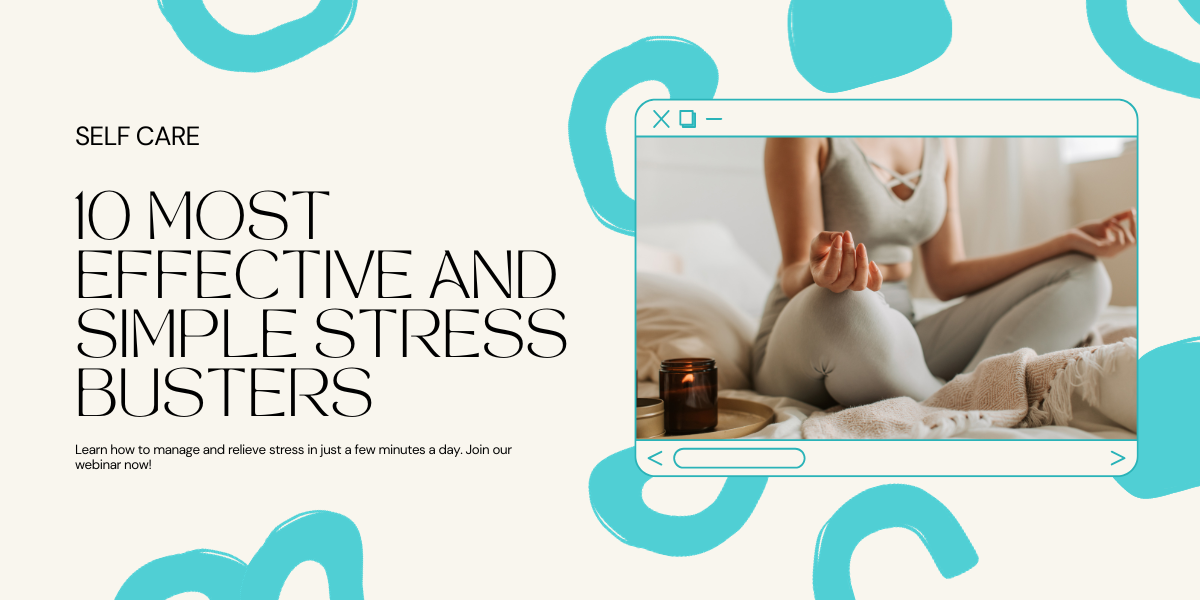
10 Most Effective And Simple Stress Busters To Try Immediately
With many versions of the pandemic that came our way, we have experienced social distancing, isolation, couple lockdowns, and a shift to online learning, and working.

6 Strategies To Survive A Toxic Workplace
A toxic work environment refers to a workplace culture that is characterized by negative and harmful behaviors, attitudes, and practices.

Tips For Establishing A Culture Of Belonging In The Office
Explore effective strategies and practical tips for fostering a culture of belonging in the workplace. Learn how to create an inclusive environment, encourage diversity, and prioritize employee well-being to cultivate a positive and welcoming office culture.
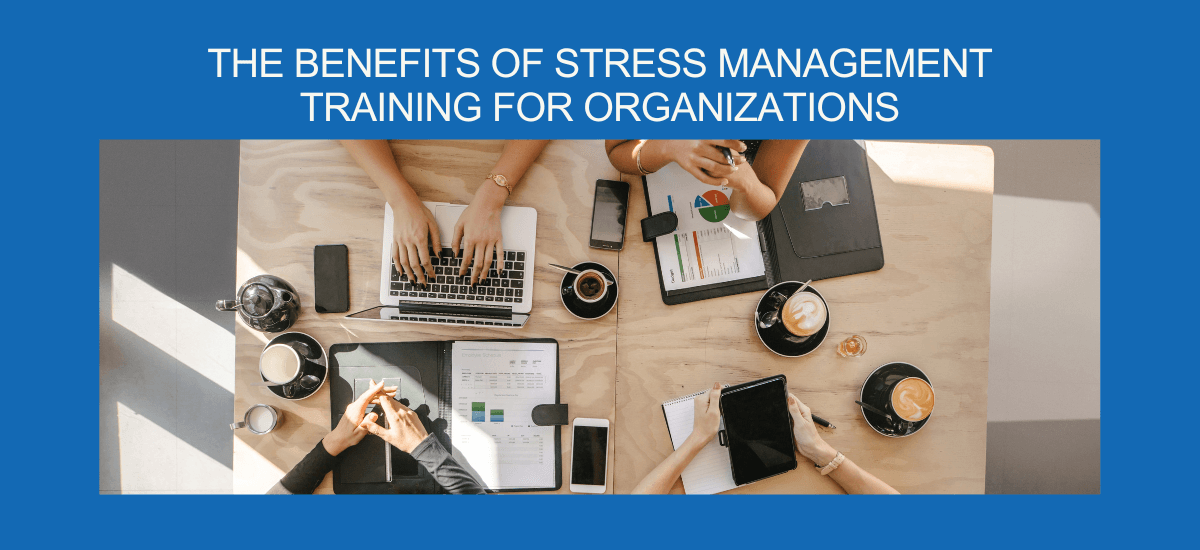
The Benefits Of Stress Management Training For Organizations
Stress management training for employees is becoming increasingly important as the demands and pace of work continue to increase. Chronic stress can have a negative impact on an employee’s mental and physical health, as well as their work performance.